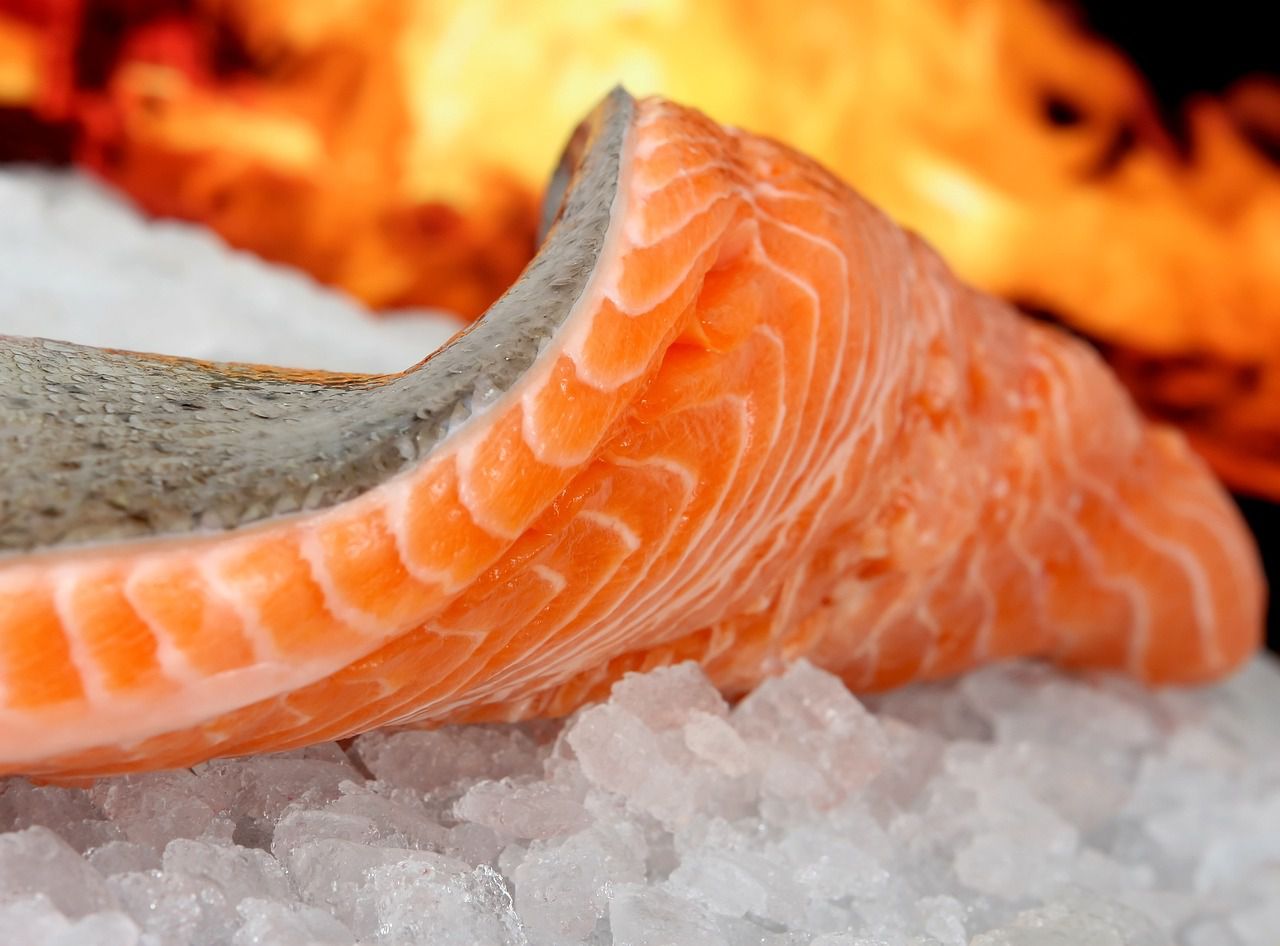You probably know that you can freeze lots of products for better storage.
But it doesn't work with all food - some can lose their texture or become completely useless after freezers.
Let's find out more.
Fresh fruits and vegetables with high water content
Freezing can cause these foods to become mushy and lose their crispness.
Examples include cucumbers, lettuce, watermelon, and citrus fruits.

Eggs in their shells
When eggs are frozen in their shells, the liquid inside expands and can cause the shells to crack or break.
It's better to remove the eggs from the shells and store them in airtight containers if you need to freeze them.
Dairy products with high water content
Products like milk, yogurt, and sour cream can separate or become grainy when frozen.
However, some dairy products like hard cheeses can be frozen successfully.
Mayonnaise and creamy dressings
These condiments tend to separate and become watery when frozen, resulting in an undesirable texture and consistency.
Fried foods: Fried foods lose their crispiness when frozen and thawed. They may become soggy and less enjoyable to eat.
Cooked pasta and rice
These foods can become mushy and lose their texture when frozen.
It's better to cook them fresh when needed.
Delicate herbs
Delicate herbs like basil, cilantro, and parsley tend to lose their flavor and vibrancy when frozen.
It's best to use them fresh, or consider drying them for longer storage.








